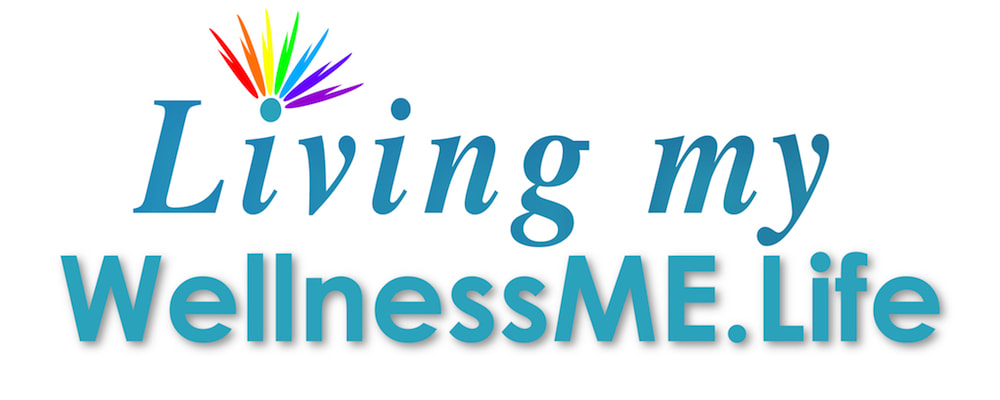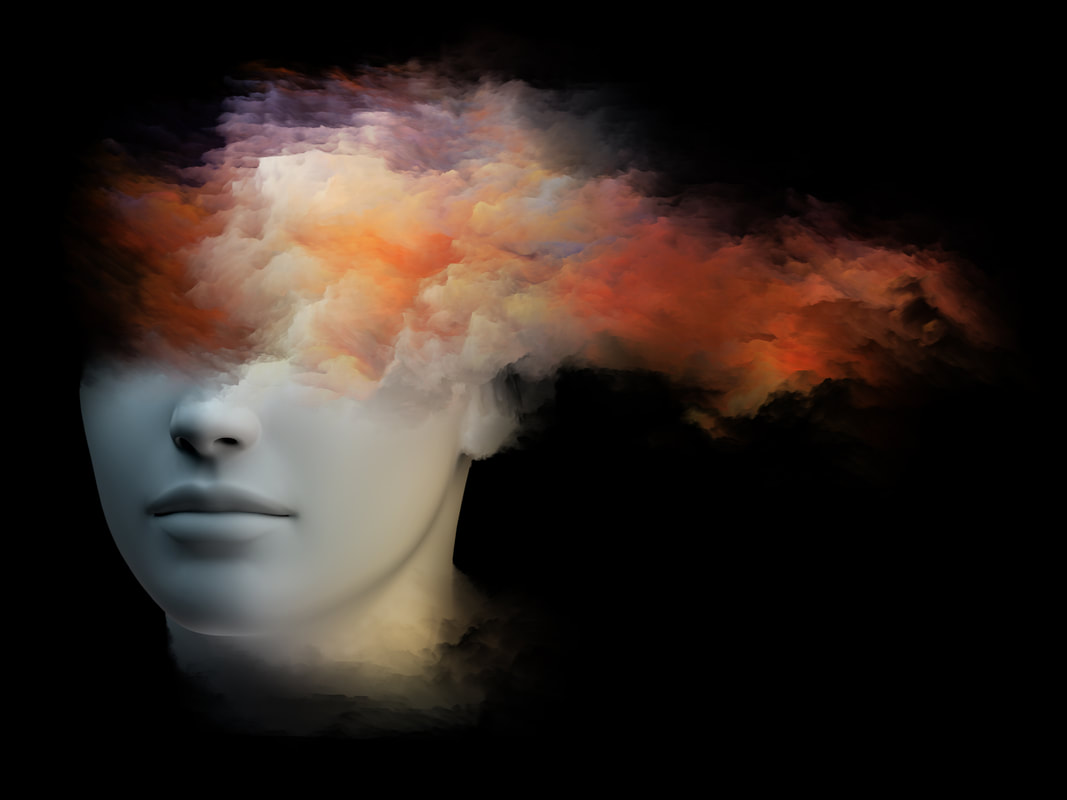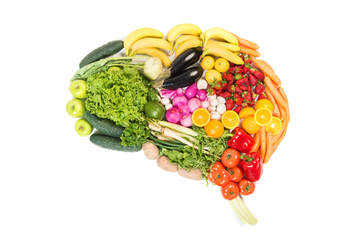|
Introducing Dr. Georgia Ede! One of my go-to MDs focused on nutrition and brain health, Dr. Ede is a fantastic evidence based guru. Enjoy this article as posted in Psychology Today! And be sure to visit her website DiagnosisDiet.com for brain-feeding fun facts!!
"Psychiatric disorders like depression, bipolar disorder and psychosis are strongly tied to inflammation. Psychiatric medications are not designed to fight inflammation, but did you know there are two changes you can make to your diet that will naturally reduce inflammation in your brain and body? Learn how to heal brain inflammation from the inside out in my article on Psychology Today."
2 Comments
Mary Webb Walker, Brain Dame and Co-Founder of the Caregiver Sanctuary explains magnesium's role in our brain health. See her bio below.
What does your body have in common with exploding stars, the earth’s crust, fireworks, plants, and seawater?
If you answered “magnesium,” then you already know that this important mineral plays a key role in the universe and throughout our human bodies. But do you know just how critical it is for our brain health? Read on! The word “magnesium” originates from a place in Greece called Magnesia, named after Magnes, son of Zeus, whose thundering power was no doubt enhanced by plenty of magnesium in his diet. Today we know that magnesium is crucial in helping over 300 enzymes function properly. We also know that magnesium regulates how brain cells form new connections to keep our brains humming and our memory sharp. Our brains need help Alzheimer’s Disease International's Dementia Statistics reports that someone in the world develops dementia every 3 seconds. An estimated 50 million people are living with dementia today. This number is projected to almost double every 20 years. And the scary part of these stats is… only 25% of those with the disease are believed to be diagnosed according to the Alzheimer’s Association. Brain’s Got Talent Neuroplasticity, a relatively new aha in neuroscience, is a winner in keeping our brains from deteriorating. Often called brain plasticity, it refers to the brain’s ability to rewire itself over a lifetime, changing neurons and the connections between them. This neuroplasticity portion of Brain’s Got Talent, brought to you in part by magnesium, is considered to be no less than the foundation of learning and memory. Unfortunately, there are way too few people participating in America’s Got Magnesium. Reports show that anywhere from 50% to 70% of Americans get less than the RDA recommendation. For adults 51+, who are at higher risk for dementia, the RDA is 420 mg for men and 320 mg for women. Dr. Steven Masley, in his recent book, The Better Brain Solution, details lifestyle choices for improved brain function and highlights nutrients that enhance brain plasticity, including magnesium. Food to light up your brain There was a time when Americans got plenty of magnesium in their diet by eating leafy greens, nuts and seeds, cold-water fish, and legumes. Enter Sweet Tooth Nation, food processing, and super-sized fast food. Not only did magnesium intake and absorption take a plunge, but the body started requiring even more to compensate. There’s no one magic food. It takes a combination to get what you need each day. Use this handy food chart that gives you a clear picture of delicious dietary sources of magnesium. You’ll see that spinach, dark chocolate, avocados, bananas, almonds, pumpkins seeds, halibut, and black beans are a few of the great choices. There are lots of ways to combine the foods on the chart for yummy meals and snacks. And you have to admit that adding a sprinkling of seeds or grabbing a handful of nuts is pretty easy. Seed tip: According to Healthline, an ounce (28 grams) of chia seeds provides 30% of the RDA for magnesium. Yes, they’re bland, but you don’t have to grind them and they won’t detract from your salads or anything else begging for a bit of decoration. Supplements - When food is not enough Food may not do the trick for some people, due to issues like genetics and absorption. And let’s face it, most of us don’t eat perfectly even when we give it our best shot. Remember that not all magnesium supplements are created equal. A protein-bound source is best. MIT studies indicate additional benefit from magnesium-L-threonate due to higher bioavailability and brain-magnesium loading ability. Toward a mightier brain We Americans want easy solutions, now if not sooner. By viewing cognitive health as an enticing cocktail of positive, enjoyable lifestyle changes rather than pain-in-the patootie repressive rules, we CAN enhance our brains. While nutrition plays a key role in brain health along with supplements as needed, remember that quality sleep, a healthy gut, meditation and prayer, lots of laughter, and regular exercise are all necessary ingredients for keeping our brains from shrinking and becoming diseased. Be like a brightly-lit firework, exploding with energy! Just as magnesium is necessary to light up the sky with pyrotechnics, your brain needs it to light up your memory, cognition and learning ability. Picture a shrunken brain, not firing on all cylinders. Talk with a functional medicine physician. Know your risk factors. See if you have poor magnesium absorption. Review your eating plan. Find out if you need a supplement. Now picture your brain as fat and happy, mightily igniting all the right neural connections. Your beautiful, neuroplastic brain will thank you.
Mary Webb Walker is a brain health and caregiving consultant, speaker, writer, and former Alzheimer’s family caregiver. She is a founding Brain Dame, co-founder and facilitator of Caregiver Sanctuary memory caregiver support group , and co-founder of Memory Mondays at Great Explorations Children’s Museum.
Mary Webb serves on a task force for Florida Department of Elder Affairs Dementia Care and Cure Initiative, speaks with Florida state legislators on behalf of the Alzheimer’s Association, and works with AARP Caregiving. She is also a successful entrepreneur as co-founder of AccentHealth, a healthy lifestyle media network created for medical waiting rooms with Dr. Sanjay Gupta as a host. |
AuthorLiving my WellnessME.Life is our quarterly newsletter, compiled of separate blog posts created by Louanne and Sharon Saraga Walters and contributed by esteemed healthcare practitioners, colleagues and friends with a holistic (interrelated, synergistic, systemic) view of wellness. Archives
January 2019
Categories
All
|




 RSS Feed
RSS Feed